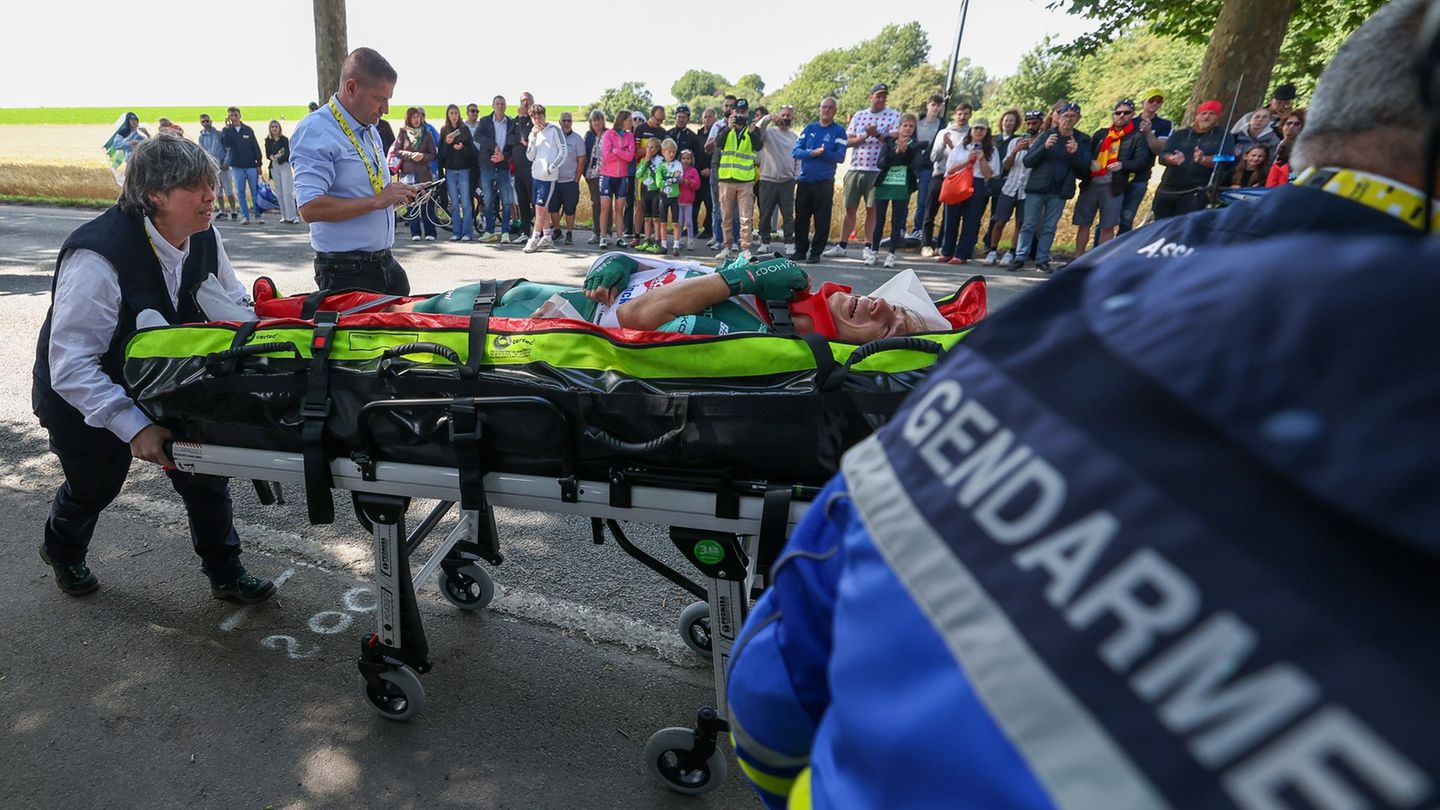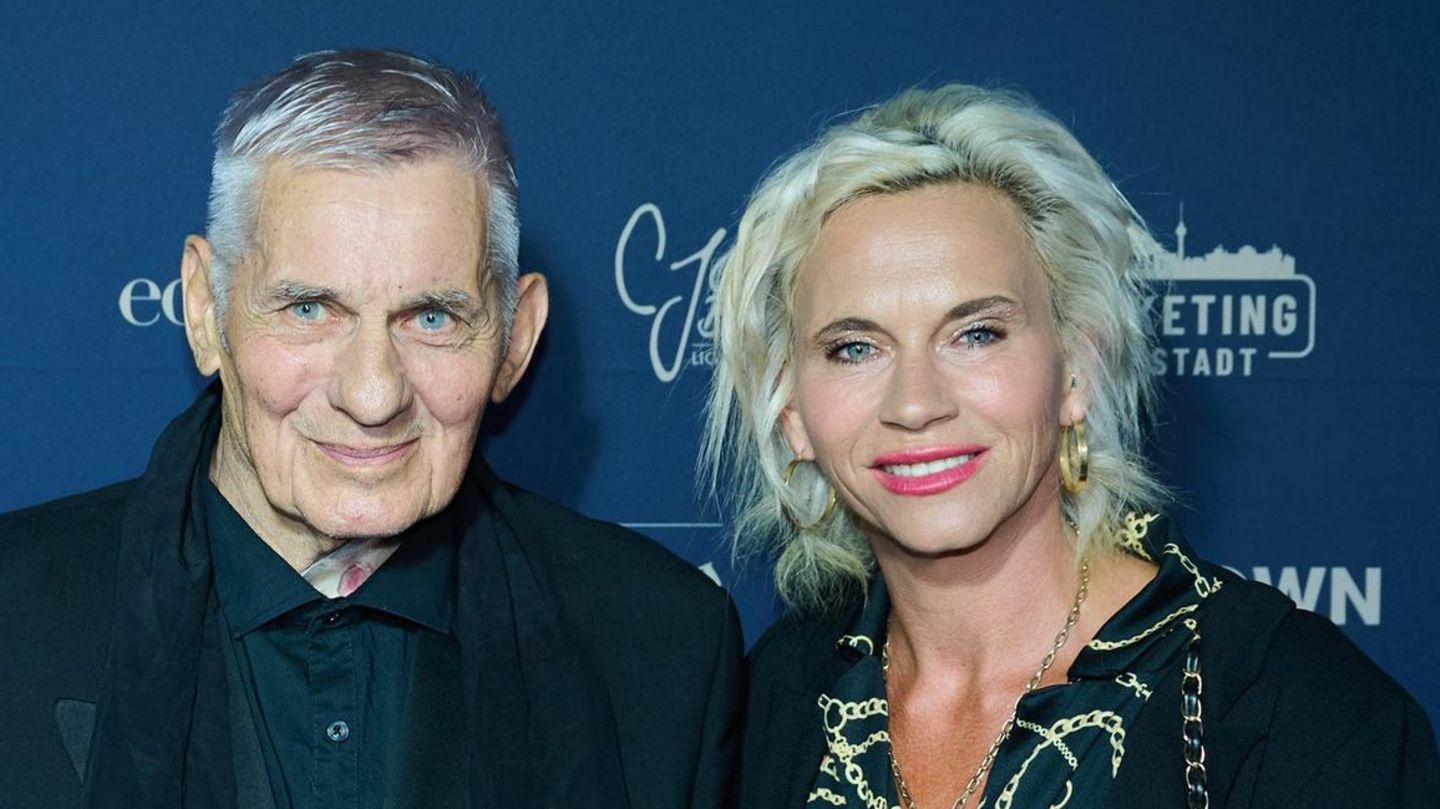He emphasized that in view of the situation in Afghanistan “factually and for legal reasons” there will be no more deportations to this country: “The entire federal government knows that and it will be so.” Other Greens also spoke up in this regard.
The attitude of Interior Minister Karl Nehammer (ÖVP) on asylum issues has already led to controversies with the coalition partner in the past, and the fact that there is no commitment against deportations “was also irritating,” said Kogler: “Yes, I see that as very problematic , but what is important is what is the result at the end, and the result is: It will not be deported. ” In this context, the Green leader recalled the European Convention on Human Rights, which prohibits people from being taken to countries where there is a risk of torture or life and limb.
Video: The Vice Chancellor on deportations to Afghanistan
This video is disabled
Please activate the categories Performance cookies and Functional cookies in your cookie settings to display this element. My cookie settings
Asylum applications from Afghan citizens would also continue to be accepted. Above all, women at risk should be offered targeted help, ideally coordinated at European level. And help on site – for example from the foreign disaster fund – must be available.
Video: Kogler on the admission of Afghan refugees
This video is disabled
Please activate the categories Performance cookies and Functional cookies in your cookie settings to display this element. My cookie settings
After the radical Islamic Taliban came to power in Afghanistan, other representatives of the Greens also put increased pressure on the Ministry of the Interior to finally suspend deportations to the country. After Health Minister Wolfgang Mückstein (Greens) declared on Sunday that the issue had now been dealt with, the Tyrolean club chairman Gebi Mair and the foreign policy spokeswoman for the Greens, Ewa Ernst-Dziedzic, spoke up on Monday. “Anyone who still thinks that people should be deported to Afghanistan instead of rescuing them from there either lacks a heart or a brain or both,” was Mair’s message to those responsible in the asylum area.





